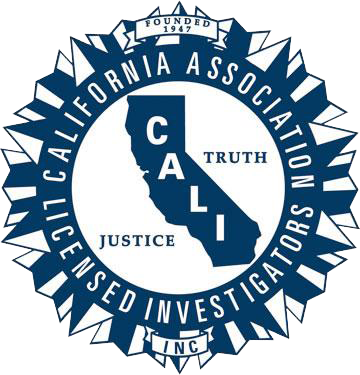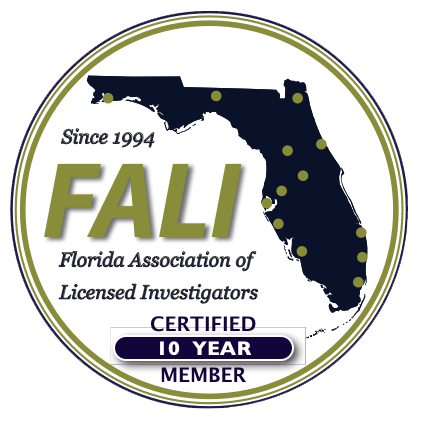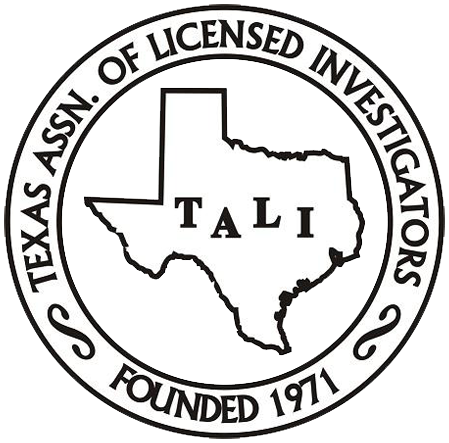In the real world, no one cares one bit about what websites you’ve visited, what you’ve purchased on Amazon, and what you write on your anonymous blog about your children, your post-nasal drip, and your annoying neighbor.
They do care about your judgment, your public image, and your felonies. What a recruiter is likely to do is run a google search on your name. If pictures of you smoking questionable substances (or heck, in some companies, smoking legal substances) show up, that’s a problem. If your blog about how awful your current/last boss was pops up, that’s a problem too.
What do companies look for in background checks? It will vary greatly from company to company and State to State. Be sure to check your states laws concerning this. Most companies will look for the following…
Education verification (so don’t lie about that degree, even if you’re only 3 credits short)
Credit history (in relevant jobs, and the Equal Employment Opportunity Commission doesn’t really like credit checks, so many companies don’t use this tool)
Employment verification (did you really work at the companies you said you worked for, do your titles match what your resume says, and how long did you work there)
Criminal history (yes, that DUI will show up),
Certification/licensing verification (again, don’t lie, and make sure they are up to date)
Driving record (if the job involves driving)
Most likely you’ll also have to do a drug test and some companies require a physical exam. (This isn’t an intensive exam, more of a “let’s see if you have any problems to begin with” exam, so you can’t sue us for problems you had before you started working here. For jobs that involve physical activity, these can be more important tools.)
The recruiter and hiring manager will most likely run your name through Google, so do that before you start applying for jobs and see what pops up. If you have a common name, they may or may not wade through the junk to figure out what is about you. If there is someone with your name who does bad things on theinternet, you may wish to explain that this is not you. What you don’t wanted do is include non work related blogsor Twitter accounts on your resume or cover letter. Yes, you may be proud of your writing, but if it’s not related to your career, it’s more likely to do damage than help.
Now, keep in mind that when companies do internet searches on candidates in addition to the official background check, what they are really looking for is evidence of good judgment, or rather lack of evidence of bad judgment.
At the Alpha Agency, we normally customize a background check for an employer based on exactly what they need to look into. Then we work with their human resource department and help implement this into their hiring policy. That way, they a good, cost effective program that fits their needs.
Remember, the internet is forever, but if you have something up that really could be damaging to your career, you may wish to take it down and ask yourself, “Why am I putting things on the internet that I don’t wish the world to know?” Remember, the internet is not private. It is very public. VERY.




